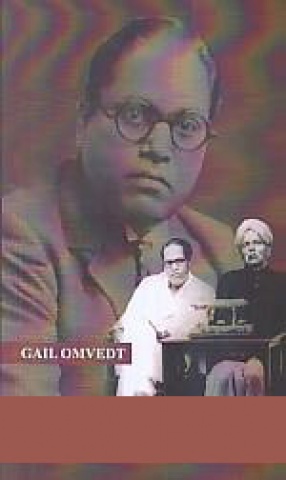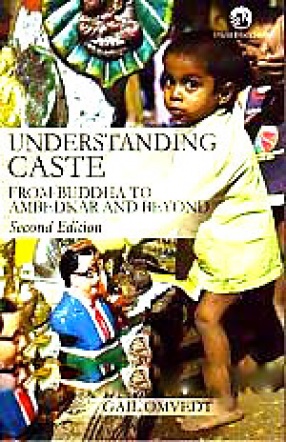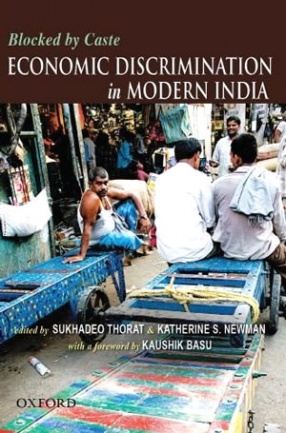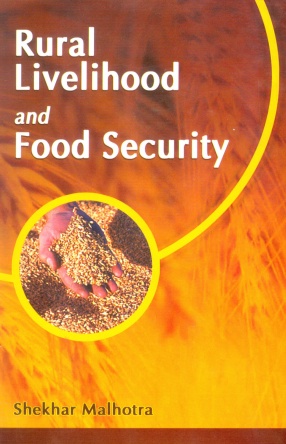The book unravels the approaches, strategies and methods used by different types of philanthropic organizations in addressing the problems of society. They include community-based national and international organizations, corporate sector organizations, family-based organizations and those run by the government. While it brings insights into the priorities these organizations accord, it specially looks into the question whether these organizations address the issue of social justice and support the efforts of NGOs that take up the issue of social exclusion, associated with caste, untouchability, ethnicity and gender, through projects that deal with disadvantaged group such as Dalits and tribals. Since not much research has been done on social justice philanthropy related to caste and ethnic groups and their gender and class dimensions, this study provides a good insight into this neglected theme. The book will be of great use to NGOs, funding organizations, researchers and others working in this area.
Social Justice Philanthropy: Approaches and Strategies of Funding Organizations
$54.00
$60.00
In stock
Free & Quick Delivery Worldwide
All orders amounting to US$ 50 or more qualify for Free Delivery Worldwide. For orders less than US$ 50, we offer Standard Delivery at $14 per book.
ABOUT THE AUTHOR Gail Omvedt
Born in Minneapolis, USA, Gail Omvedt is an Indian citizen. She has an MA and PhD in sociology from the University of California, Berkeley. She has been living in India since 1978, settled in Kasegaon Village in southern Maharashtra, with her husband, Bharat Patankar, and other members of an Indian joint family. She is currently a Senior Fellow at the Nehru Memorial Museum and Library, New Delhi. Among her numerous books focusing on social and economic issues are Buddhism in India: Challenging Brahmanism and Caste (2003), Dalits Visions (1995), Dalits and the Democratic Revolution (1994), Reinventing Revolution: New Social movements and the Socialist Tradition in India (1993) and Cultural Revolt in a Colonial Society: The Non-Brahman Movement in Maharashtra (1966). Of late, she has been involved in translations from the Marathi into English in collaboration with Bharat Patankar. If Gandhi was Bapu, the father of a society in which he tried to inject equality while maintaining the Hindu framework, Ambedkar was Baba to his people and the great liberator from that framework.
ABOUT THE AUTHOR Martin Macwan
Martin Macwan is a human rights activist based in Gujarat. He founded the Navsarjan in 1989 to promote the rights of Dalits, addressing issues of discrimination, land rights, wages and women’s rights. He has also served as a convener of the National Campaign on alit Human Rights. Is work has been recognized internationally, with the Robert F. Kennedy Human Rights Award In 2000.
ABOUT THE AUTHOR Sukhadeo Thorat
Dr. Sukhadeo Thorat is currently the Chairman of University Grant Commission and a Professor of Economics in the Centre for the Study of Regional Development, School of Social Sciences, Jawaharlal Nehru University, New Delhi. He studied at the Milind College of Arts (Aurangabad, Maharashtra), Dr. Babasaheb Ambedkar Marathwada University (Aurangabad), Jawaharlal Nehru University (Delhi), and Main School of Economics, Warsa (Poland). During 1989-1991, Dr. Thorat was a visiting fellow at Iowa State University (Ames), Centre for International and Comparative Studies, Iowa City, and International Food Policy Research Institute, Washington DC (U.S.A.). He was a founding Director of Indian Institute of Dalit Studies during 2002-2005. Dr. Thorat's research work relates to mainly Agricultural Development, Rural Poverty, Institution and Economic Growth, Problems of Marginalized Groups, Economics of Caste System, Economic Discrimination, Human Rights Issues, Economic and Social thoughts of Ambedkar, and Slums etc. He has to his credit eleven books and more than fifty papers in national and international journals.
reviews
0 in total
Review by Anonymous
Social Justice Philanthropy: Approaches and Strategies of Funding Organizations
Be the first to review “Social Justice Philanthropy: Approaches and Strategies of Funding Organizations” Cancel reply
You must be logged in to post a review.
Bibliographic information
Title
Social Justice Philanthropy: Approaches and Strategies of Funding Organizations
Author
Edition
1st ed.
Publisher
Rawat Publications, 2009
ISBN
9788131602041
Length
xvi+303p., Tables; Bibliography; Index; 23cm.
Subjects
more by Gail Omvedt see more
more by Sukhadeo Thorat see more
Social Science Research in India: Status, Issues, and Policies
Social science research has ...
$72.90
$81.00
Blocked by Caste: Economic Discrimination in Modern India
In recent years issues like ...
$42.30
$47.00
similar bookssee more
Quality of Life in Aligarh City
$37.80
$42.00











There are no reviews yet.